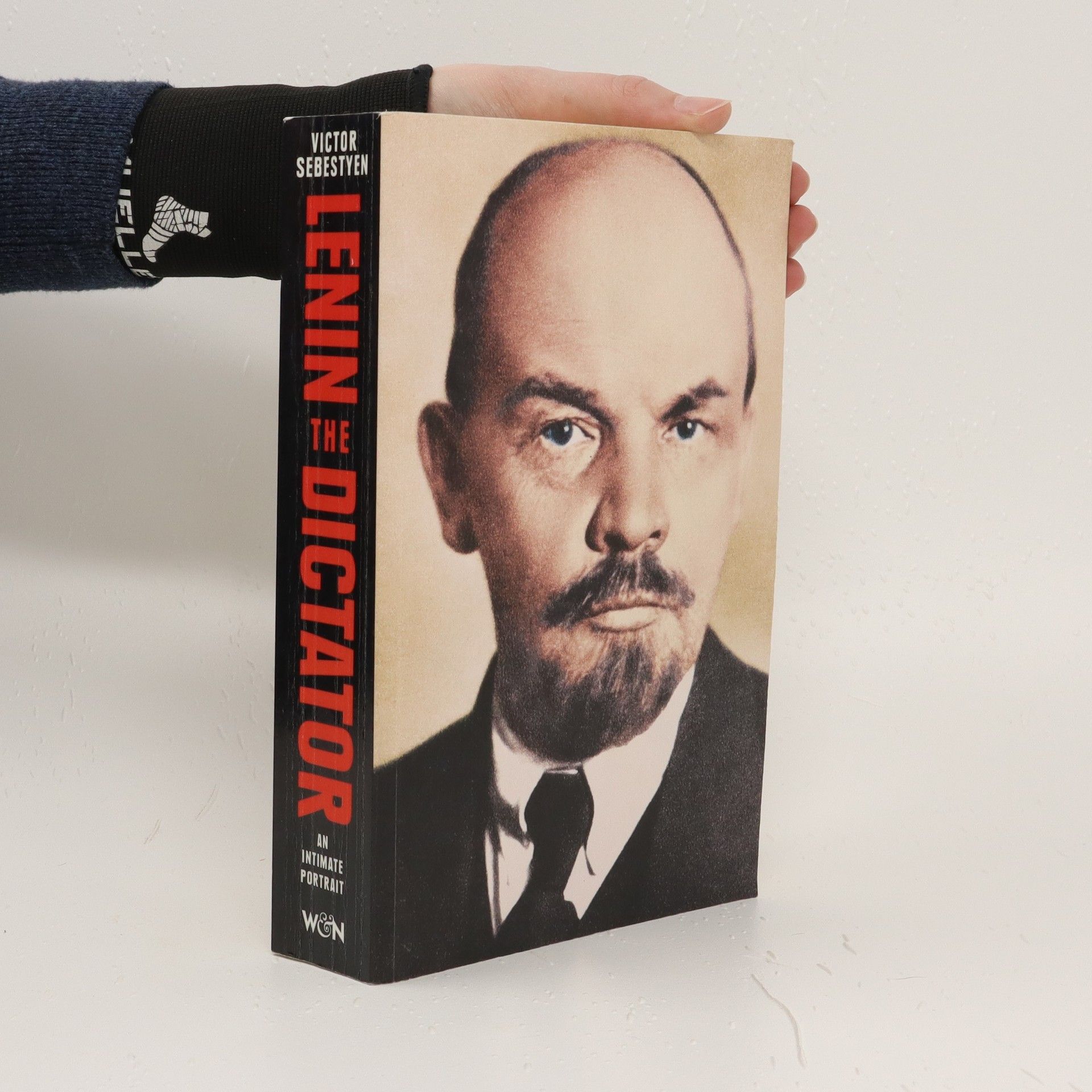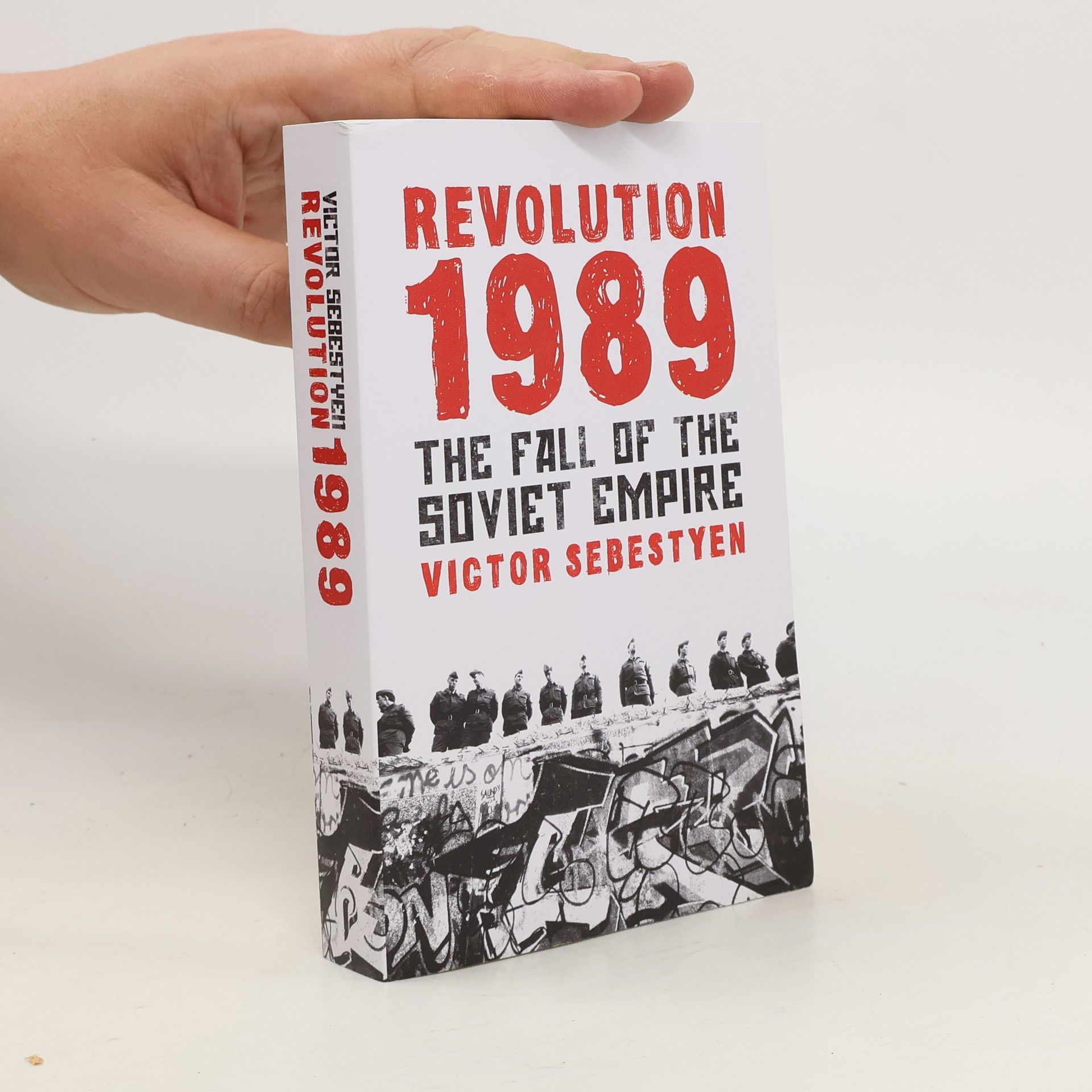Sebestyenova kniha o Leninovi je vzorem politického životopisu pro široké publikum: historická přesnost se v textu vyváženě spojuje s beletristickou živostí a napínavostí, aniž by se autor musel uchylovat k psychologickým spekulacím nebo pompézním generalizacím. Výsostný homo politicus je v Sebestyenově portrétu předveden v úplnosti, včetně svých primitivních či monstrózních rysů, ale bez velkohubých ideologických soudů: Sebestyen rozhodně není Leninovým apologetou, má však k osobnosti portrétovaného dostatek respektu na to, aby výsledkem nebyl dvourozměrný žalovatelský plakát.
Victor Sebestyen Knihy
Victor Sebestyen's early departure from Hungary shaped his unique perspective. His career as a journalist for prominent British newspapers has honed his keen observational skills. These experiences inform his distinctive narrative style, offering readers profound insights.

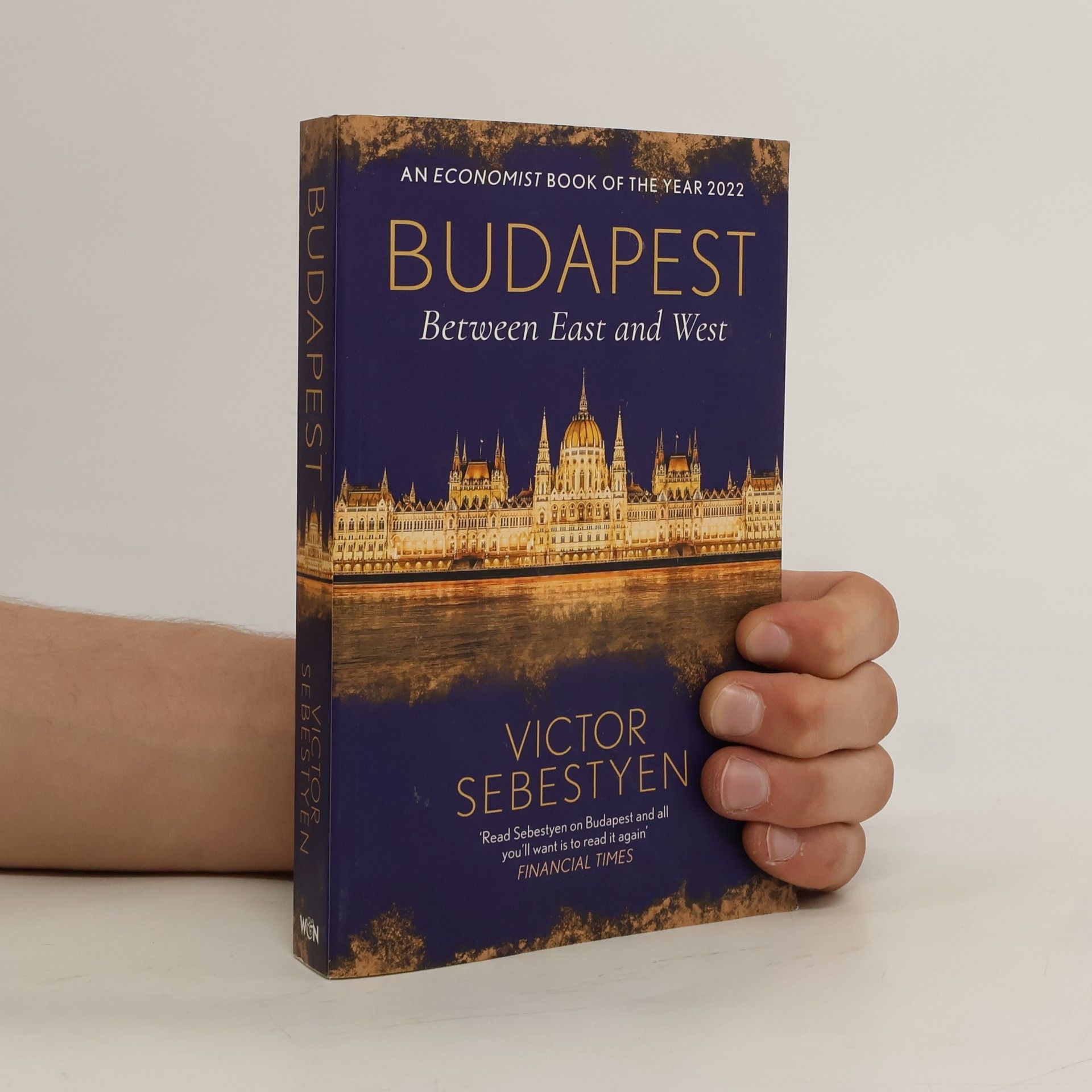
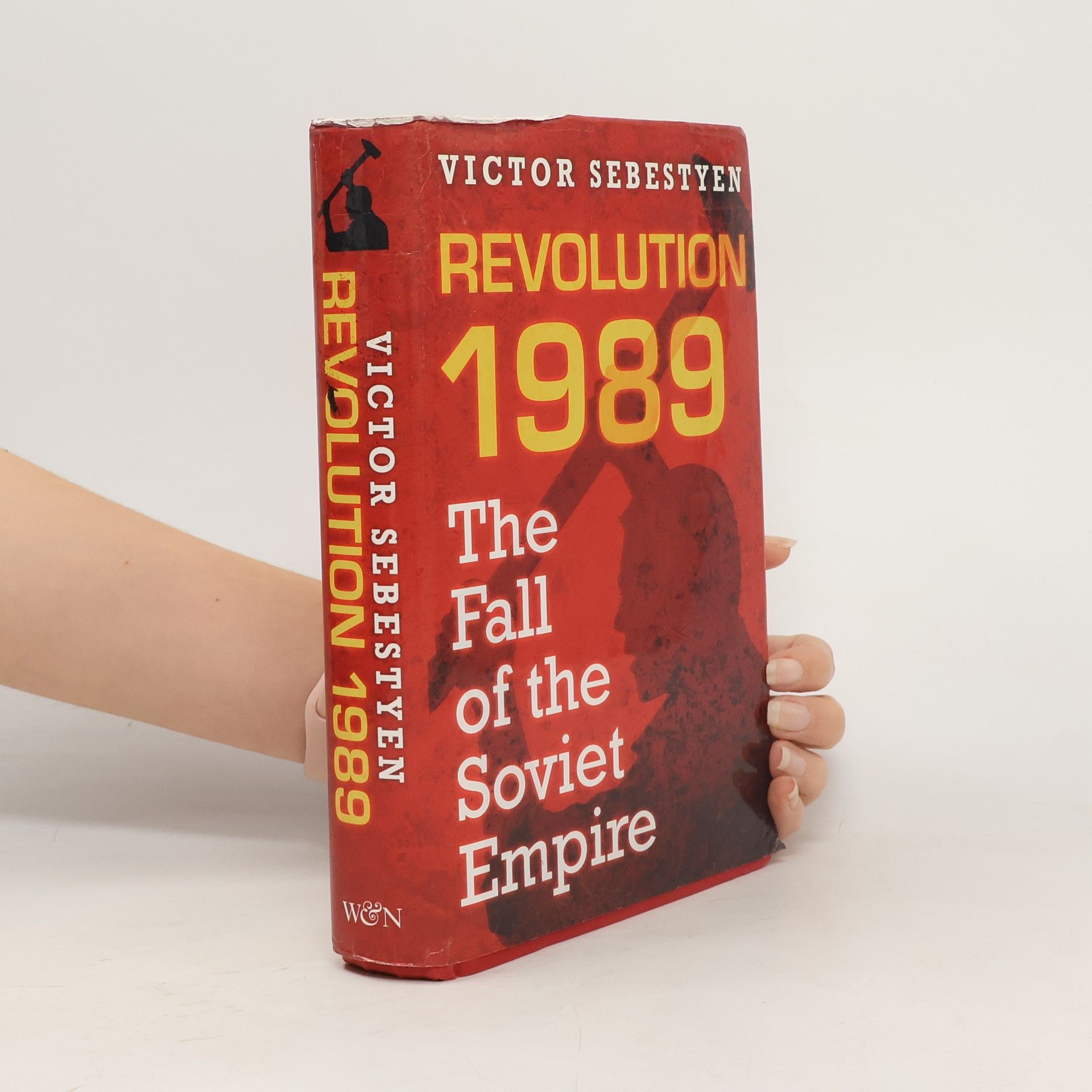
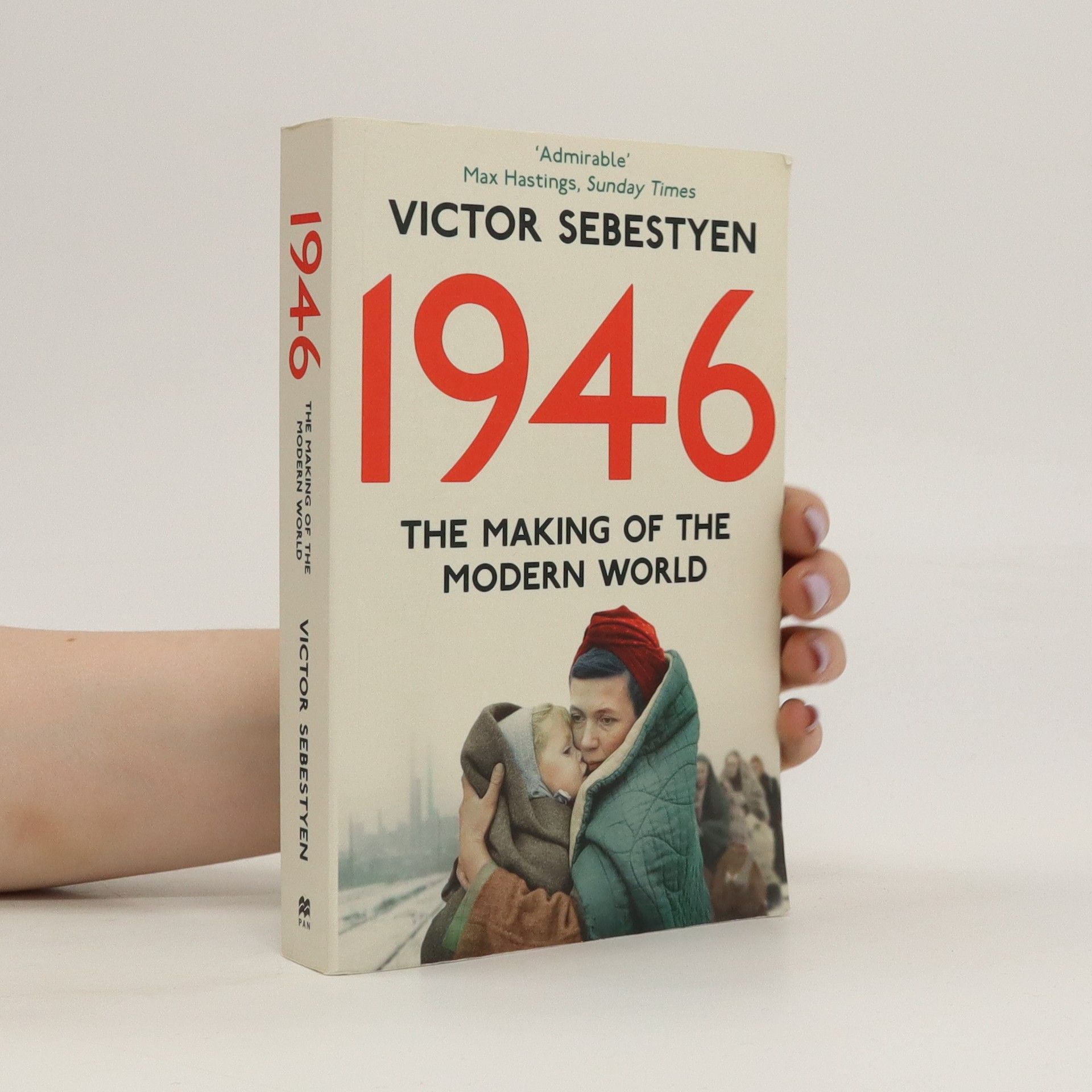

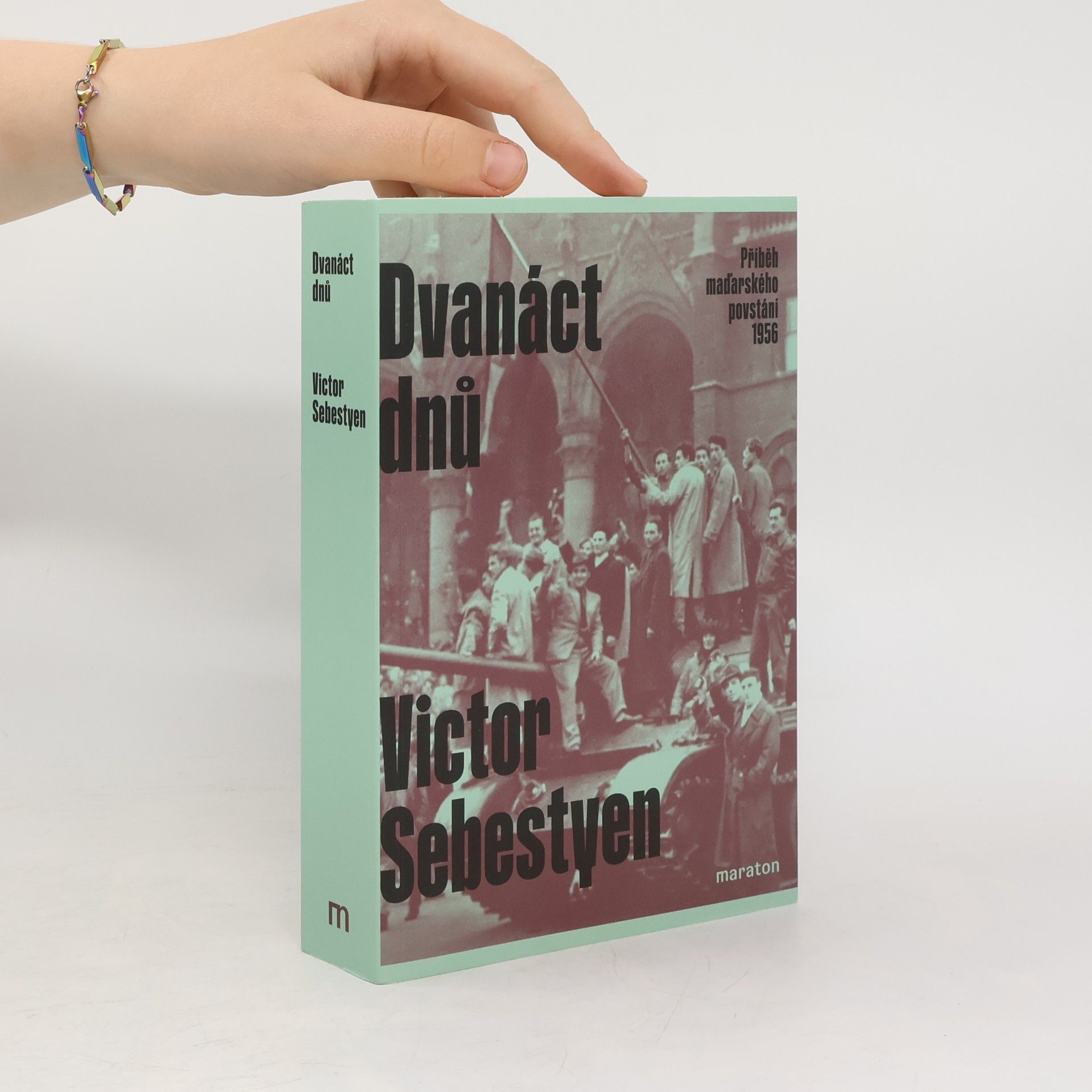
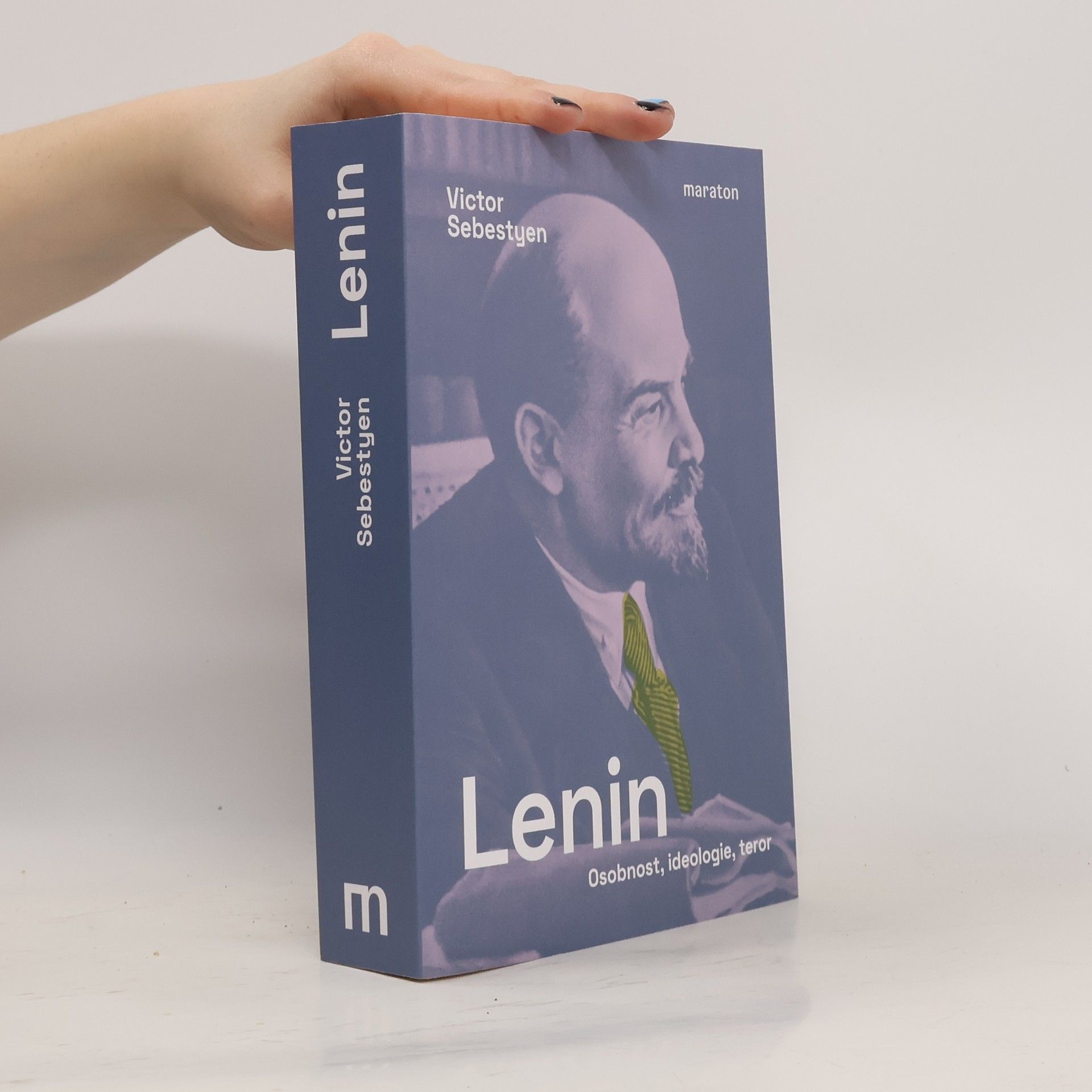
Dvanáct dnů: Příběh maďarského povstání 1956
- 424 stránek
- 15 hodin čtení
Čtivá a působivá kniha o brutálně potlačeném maďarském povstání začíná rokem 1944 a podrobnou historii dvanácti revolučních dnů z října a listopadu 1956, v nichž spočívá těžiště knihy, dovádí až k dnešní době. Známá i neznámá fakta kombinuje autor tak, že četbu ocení každý zájemce o historii dané doby a oblasti. Kniha obsahuje rovněž nově vydané oficiální dokumenty a archivní materiály, rodinné deníky a svědectví očitých svědků. O maďarských událostech kolem roku 1956 sice má česká veřejnost nějakou rámcovou představu, ale kniha britského publicisty a historika maďarského původu Victora Sebestyena představuje první ucelenou a do kontextu maďarských dějin a mezinárodní situace zasazenou monografií o maďarském povstání, která je přístupná v českém jazyce.
1989 - Pád východního bloku
- 432 stránek
- 16 hodin čtení
V roce 1989 došlo ve východní Evropě k vyvrcholení dlouhodobého procesu, který ve svém důsledku vedl k odtržení satelitních států od Sovětského svazu a k pádu východního bloku. Autor ve své rozsáhlé práci detailně rozebírá události, které tomuto předcházely, a to nejen v jednotlivých zemích východní Evropy (od polské Solidarity až po proces s Ceauşescem), ale i v jiných částech studenou válkou rozděleného světa.
1946 : the making of the modern world
- 456 stránek
- 16 hodin čtení
With the end of the Second World War, a new world was born. The peace agreements that brought the conflict to an end implemented decisions that not only shaped the second half of the twentieth century, but continue to affect our world today and impact on its future. In 1946 the Cold War began, the state of Israel was conceived, the independence of India was all but confirmed and Chinese Communists gained a decisive upper hand in their fight for power. It was a pivotal year in modern history in which countries were reborn and created, national and ideological boundaries were redrawn and people across the globe began to rebuild their lives. In this remarkable history, the foreign correspondent and historian Victor Sebestyen draws on contemporary documents from around the world - including Stalin's personal notes from the Potsdam peace conference - to examine what lay behind the political decision-making. Sebestyen uses a vast array of archival material and personal testimonies to explore how the lives of generations of people across continents were shaped by the events of 1946. Taking readers from Berlin to London, from Paris to Moscow, from Washington to Jerusalem and from Delhi to Shanghai, this is a vivid and wide-ranging account of both powerbrokers and ordinary men and women from an acclaimed author.
Revolution 1989
- 451 stránek
- 16 hodin čtení
Journalist Victor Sebestyen witnessed much of the 1989 fall of the Soviet empire at first hand, and in this book, he reassesses this decisive moment in modern history.
Budapest has always been an important place. Almost at the centre of Europe, it is at the crossroads of geographical regions and of civilizations, at the intersection of ancient trade routes. Mountains that gradually slope into gentle hills converge on a great river, the Danube, and the regions of Buda and Pest sprang up on either side. Throughout history the centre of gravity in Budapest and among Hungarians has shifted between this division of East and West - culturally, politically, emotionally. Invaders have come and gone, empires have conquered, occupied for centuries or decades, and left a few footprints behind: the remains of a Roman bath house complete with wonderfully preserved mosaics stand next to a Soviet-style 'five-year-plan' apartment block. The city bears the scars of the rise and fall of multiple empires, two world wars, fascism, Nazi German occupation, Soviet Communism. It has been home to some of the world's greatest writers, artists and musicians. Hungary is a place of extremes, a small country that has often in history punched well above its weight. At many moments, events that began in Budapest have proved to be of world significance. This is the story of that tumultuous, often divided, but always fascinating city.
Lenin the dictator : an intimate portrait
- 400 stránek
- 14 hodin čtení
Victor Sebestyen's intimate biography is the first major work in English for nearly two decades on one of the most significant figures of the twentieth century. In Russia to this day Lenin inspires adulation. Everywhere, he continues to fascinate as a man who made history, and who created a new kind of state that would later be imitated by nearly half the countries in the world. Lenin believed that the 'the political is the personal', and while in no way ignoring his political life, Sebestyen's focus will be on Lenin the man - a man who loved nature almost as much as he loved making revolution, and whose closest ties and friendships were with women. The long-suppressed story of his ménage a trois with his wife, Nadezhda Krupskaya, and his mistress and comrade, Inessa Armand, reveals a different character to the coldly one-dimensional figure of legend. Told through the prism of Lenin's key relationships, Sebestyen's lively biography casts a new light the Russian Revolution, one of the great turning points of modern history.
Revolution 1989 : the fall of the Soviet empire
- 480 stránek
- 17 hodin čtení
Documents the collapse of the Soviet Union's European empire (East Germany, Poland, Czechoslvakia, Hungary, Romania, and Bulgaria) and the transition of each to independent states, drawing on interviews and newly uncovered archival material to offer insight into 1989's rapid changes and the USSR's minimal resistance.
The Russian Revolution
- 240 stránek
- 9 hodin čtení
An illustrated account of one of the most pivotal events in modern history - the Russian revolution of 1917.
Lenin dyktator
- 624 stránek
- 22 hodin čtení
Lenin wymyka się schematom, którymi podlegali późniejsi dyktatorzy. Nie działał wyłącznie za pomocą terroru; był fenomenem politycznym, demagogiem, który obiecywał wiele, kłamał i stosował zasadę, że cel uświęca środki. Nie był sadystą ani fanatykiem, preferował taktykę nad doktrynalną czystość i potrafił zmieniać zdanie, gdy to było korzystne. W kontaktach osobistych był uprzejmym dżentelmenem z wyższej klasy średniej, nigdy nie nosił mundurów ani nie interesował się szczegółami śmierci ofiar, które postrzegał jedynie jako liczby. Stworzył system, w którym terror był usprawiedliwiony wyższymi racjami, co później udoskonalił Stalin. Pragnął władzy i zmiany świata, osiągając oba cele. Bolszewicki przewrót 1917 roku zrewolucjonizował świat, a sto lat później Rosja i inne kraje wciąż odczuwają wpływ komunizmu. Biografia Lenina autorstwa Victora Sebestyena to nie tylko wnikliwe studium dyktatury, ale także głęboki, intymny portret człowieka odpowiedzialnego za największy horror ludzkości. Victor Sebestyen, brytyjski dziennikarz węgierskiego pochodzenia, pracował dla wielu znanych mediów i relacjonował upadek komunizmu oraz wojnę w Jugosławii. Jest także autorem książki o węgierskim powstaniu 1956 roku i upadku sowieckiego imperium w 1989.
